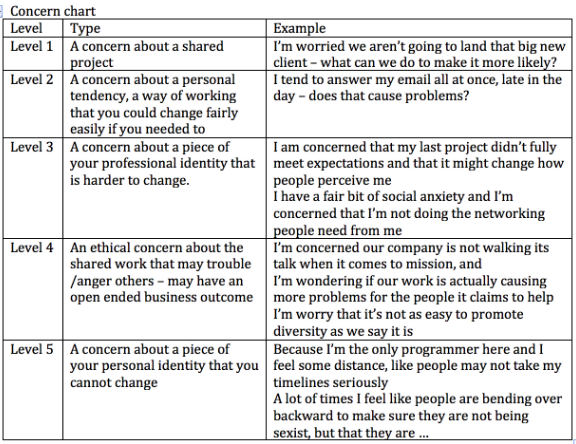Vulnerability at work
GATHER Scotland was the first of it’s kind; the biggest gathering of women in the Signet Library for 300 years and WACL’s first event outside of London in 96 years. I spoke on a panel chaired by Katie Lee, CEO of Lucky Generals and sat alongside Ella Dolphin, CEO, Stylist Group and Anna Hickey, COO Wavemaker. Our theme - you being you – the power of authenticity.
What does that actually mean? Brene Brown says there are three principles to daring leadership:
You can’t access your courage without rumbling with your vulnerability
Self-awareness and self-love matter.
Who we are is how we lead.
Brene tells us that courage is contagious. If we cultivate a culture in which brave work and tough conversations are the expectations we’ll create a culture where armour is not necessary or rewarded. At NOBL, we believe every leader has a choice to be vulnerable or not. And it’s not about showing off your anxieties, it’s about not putting up a front.
Here’s a snapshot of my answers to the questions we talked through;
Do you believe vulnerability helps to build resilience?
Yes! It’s physically taxing to pretend everything is okay when it’s not. Not putting on a front increases your team's resilience and strengthens social bonds. Next time something goes wrong they’ll be more equipped to respond.
Do you think this is a passing fad or here to stay? It seems very important to help build trust and allow us to lead in disruptive and challenging times.
Absolutely not - it’s here to stay because it makes life easier. It may not always win you leadership points but it will always win you human points.
Is there a difference between genders when it comes to vulnerability?
Yes, men get more points for showing vulnerability as women are expected to behave more communally.
What’s your advice to women leaders who want to embrace vulnerability at work?
Focus on what makes you strong and grounded rather than analysing what the system wants you to be - the system wasn’t designed for you.
Why should we strive to be vulnerable?
It helps everyone remember that we are all human beings. This reduces the likelihood of us dehumanising each other and succumbing to stereotypes.
Why is it hard to be vulnerable at work?
It feels hard because it contradicts everything we’ve been taught about leadership. We’ve been taught that leaders must provide direction, be strong and know the answers.
This article articulates the common objections and things to try;
Objection No. 1: ‘Sharing what I feel opens me to judgment.’
It’s true that it can be intimidating, but I believe you’re losing the opportunity to have people lean in and really connect if you refuse to open up. Also, remember you will be judged regardless. You may as well stay connected with what's important to you and have the possibility of moving your own agenda forward
Try this: Find an opportunity to share a personal story of failure. Wrap it in a client story — something that went wrong. Or, start a team offsite meeting with a round table to discuss something each person failed at that taught them a lesson. As a leader, you should go first. Use emotion words in terms of how your experience impacted you.
Objection No. 2: ‘People will lose confidence.’
This line of thinking doesn’t give your team enough credit. If there is a reason why something would make someone nervous or anxious, don’t ignore it. Your team wants to know how the feelings and thoughts of their leader are similar to theirs so they can identify with you.
Your leadership goal isn’t to provide sense. Your leadership goal is, in fact, to genuinely communicate how you are all similar and how you both feel fear and overcome it, as well as how you are motivated to not be afraid.
Try this: Next time you have a team or town hall meeting in your department or company, use emotion words. Disclose your uncertainty. Talk about risks, the personal impact, if your journey was marred with failures, etc. Talk about wanting to get it right and how the team can help one another address those previous misses and succeed.
Objection No. 3: ‘Things are fine, so why should I change them?’
Admittedly, it’s risky putting yourself out there. But how risky is it? Being more yourself and making others feel more comfortable being themselves at work is a mission that is seen has underpinned the ascent of many successful top executives.
Try this: Get your team around a table and talk about something you are afraid of when it comes to work - is there an uncomfortable truth or concern about a project that needs airing? You begin. You might talk about a family situation, the way you grew up or when you feel uncomfortable. No matter what your “thing” is, the feeling and trust that comes out of that discussion will give you a new platform to do great things, individually and collectively.
Our team at NOBL recently tried out Google’s method of Anxiety Party. The experience led us to create this chart which maps levels of disclosure from easiest to hardest (ie least personal to most personal) and can be adapted for vulnerability discussions.
Is vulnerability at work something you’ve embraced? What did you learn about yourself and your organisation?
Thank you to my colleague Dr. Kim Perkins for her help in writing this. If your leadership team are hungry to put these principles into practice, we’re here to help!


